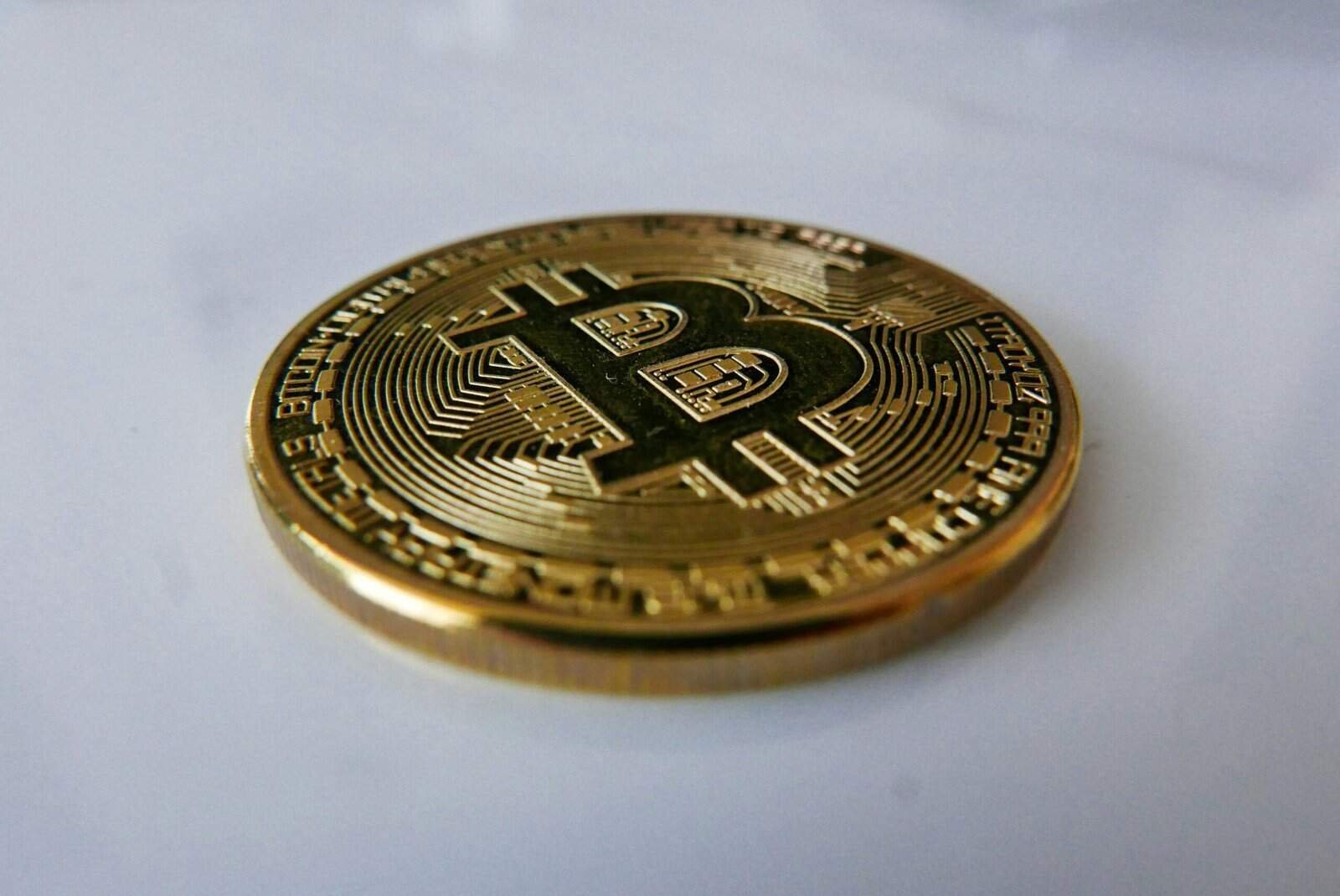Have you ever wondered how smart contracts are making a difference in the world around you? As technology relentlessly evolves, smart contracts are increasingly finding their place in a wide array of applications, revolutionizing how businesses and individuals interact. From financial transactions to complex legal agreements, they are simplifying processes and enhancing transparency. Let’s unwrap the world of smart contracts to see exactly how they fit into real-life scenarios.

What Are Smart Contracts?
Before diving into real-world applications, it’s essential to understand what smart contracts are. A smart contract is essentially a self-executing contract with the terms of the agreement directly written into lines of code. They exist on a blockchain, ensuring they are immutable and transparent. These contracts automatically enforce and execute terms, eliminating the need for intermediaries.
Characteristics of Smart Contracts
Smart contracts are known for their distinct features:
- Autonomy: They operate independently, eliminating the need for third-party intervention.
- Trust: As they run on a decentralized system, there’s no requirement to trust a central authority.
- Accuracy: The automation ensures precision in execution.
- Savings: By removing intermediaries, they help save on service costs.
- Safety: Cryptographic encryption makes them secure.
Understanding these characteristics is crucial as they form the backbone of their real-life utility.
Smart Contracts in the Financial Sector
The financial industry is where smart contracts have perhaps made the most impact. They have revolutionized transactions, offering speed, security, and transparency.
Decentralized Finance (DeFi)
DeFi platforms utilize smart contracts to execute financial services such as lending or borrowing without requiring a traditional bank. These platforms allow users to gain interest, exchange assets, and secure loans in a decentralized manner.
Insurance Claims
Insurance companies use smart contracts to automate claim processing, reducing paperwork and speeding up payouts. The contract could automatically trigger a payout when pre-defined conditions, such as a flight delay or weather conditions, are met.
Cross-Border Payments
Traditionally, cross-border payments are slow and expensive due to multiple intermediaries. Smart contracts automate these payments, ensuring they are processed efficiently at a lower cost, offering a seamless experience for businesses and individuals.
Real Estate Transactions
Real estate transactions are often complex and lengthy. Here’s where smart contracts turn the tide, enabling a smooth process from start to finish.
Buying and Selling Properties
Smart contracts can automate property sales, making the process efficient by handling agreements between buyers and sellers themselves. They can store personal documents, verify ownership, and hold payment in escrow, releasing funds only when all terms are met.
Lease Agreements
They streamline rental agreements by automating payment schedules and maintenance requests. Both landlords and tenants benefit from reduced time and cost in managing leases.
Healthcare Applications
In healthcare, security and efficiency are paramount, and smart contracts are paving the way for improved operations.
Patient Data Management
Smart contracts enhance the management of sensitive patient data by offering secure and tamper-proof records. With patients’ consent, medical professionals can access health records easily, ensuring better care continuity.
Billing and Settlements
The automation of billing through smart contracts reduces the time spent on processing settlements. They facilitate direct payments from insurers, idly improving cash flow for hospitals and clinics.

Supply Chain Management
Supply chains are intricate, involving numerous stakeholders. Smart contracts are simplifying these processes by enhancing transparency and reducing fraud.
Tracking and Transparency
Smart contracts facilitate the tracking of goods from origin to delivery. Information such as sourcing, production, and shipping details can be accessed in real-time, ensuring stakeholders are in the loop and can verify the goods’ origin and quality.
Reducing Delays and Fraud
By automating contract execution, smart contracts can minimize human error and fraud, ensuring payments and product deliveries occur only when agreed terms are met, reducing disputes and delays.
Legal Industry Transformations
The legal field, historically resistant to change, is now experiencing a shift through the adoption of smart contracts.
Automating Legal Processes
Simple legal procedures, such as non-disclosure agreements and wills, are efficiently executed using smart contracts, which automate enforcement, reducing time and legal fees associated with traditional methods.
Intellectual Property Protection
In intellectual property, smart contracts can manage royalty payments, ensuring that creators are paid instantly and fairly whenever their work is used, providing transparency and safeguarding rights.

Use in Entertainment and the Arts
The creative world, including music, film, and art, is tapping into smart contracts to revolutionize engagement and transactions.
Royalty Distribution
Artists can leverage smart contracts to gain immediate payment for their work. Once their music, art, or video is consumed, the contract automatically releases payment, ensuring creators receive what they are due without delay.
Authenticating Art
For collectors, the authentication of art pieces can be enhanced using smart contracts, ensuring provenance and legitimacy through transparent, unforgeable records.
Voting Systems
Voting systems are an exciting area where smart contracts could fundamentally alter how elections are conducted.
Enhancing Security and Transparency
Through smart contracts, voting systems can be digitized to enhance transparency and prevent fraud. They could ensure that every vote is counted as intended and help rebuild public trust in the democratic process.

Future Implications and Ethical Considerations
With their numerous applications, smart contracts possess immense potential. Still, their rise also poses ethical questions and challenges that need addressing.
Legal and Ethical Challenges
Smart contracts still grapple with regulatory uncertainties and ethical dilemmas such as privacy concerns and the potential for errors within the code that could lead to unintended outcomes.
The Road Ahead
As they evolve, expect smart contracts to grow more sophisticated, with increased efforts toward integration with artificial intelligence and other emerging technologies to overcome current limitations.
Table 1: Key Considerations for the Adoption of Smart Contracts
| Consideration | Description |
|---|---|
| Regulation | Compliance with local and international laws will be pivotal. |
| Security | Continuous improvement in coding standards to prevent bugs or vulnerabilities. |
| Interoperability | Ensuring smart contracts work seamlessly with existing systems and other technologies. |
Conclusion
Smart contracts are undoubtedly here to stay, driving innovation across various industries by enhancing transparency, security, and efficiency. As you explore these technologies, consider how they might reshape your daily interactions and future possibilities. Will they become the norm in the coming years? The answer likely lies in continued technological advancements and adaptation across different fields.

